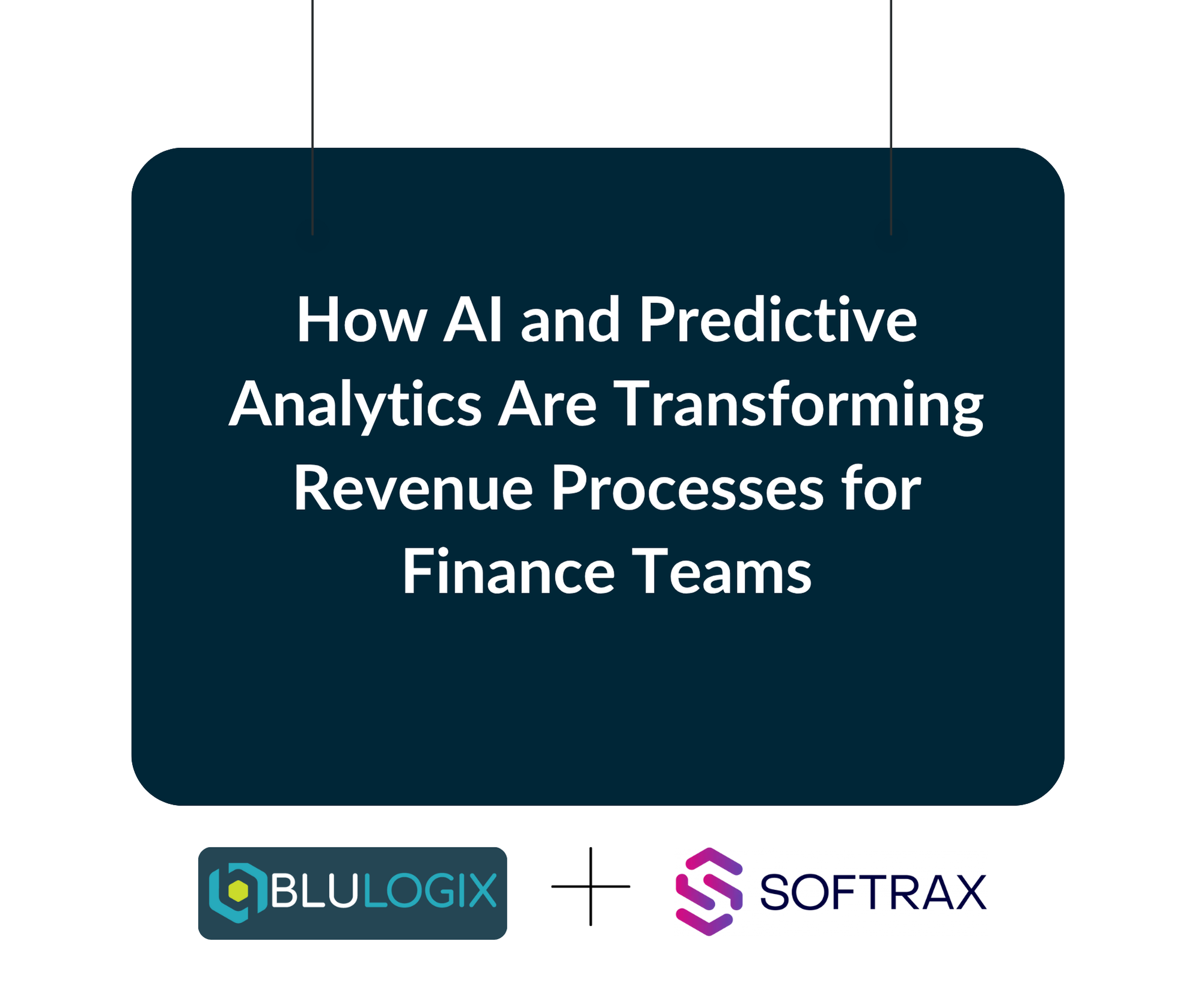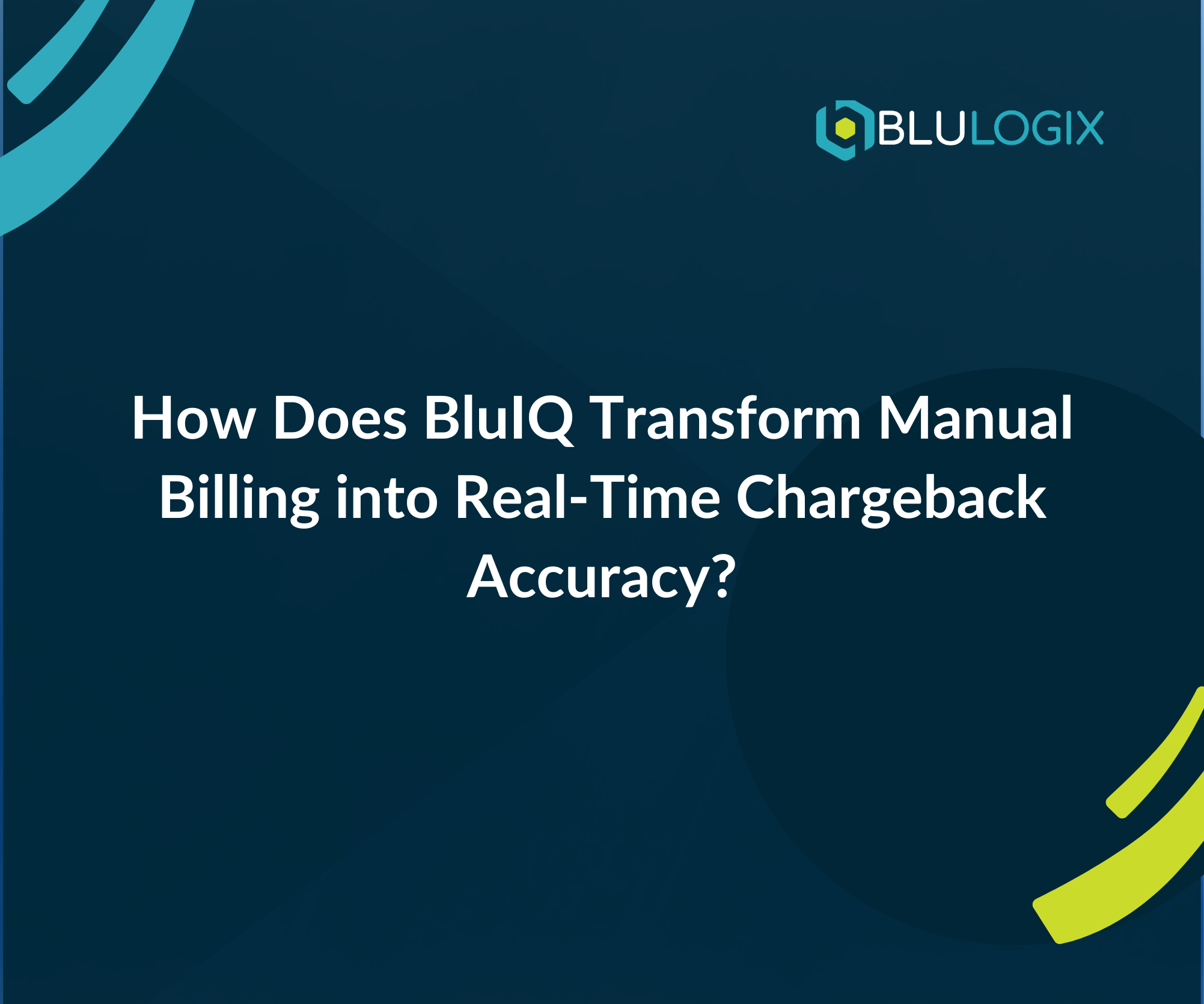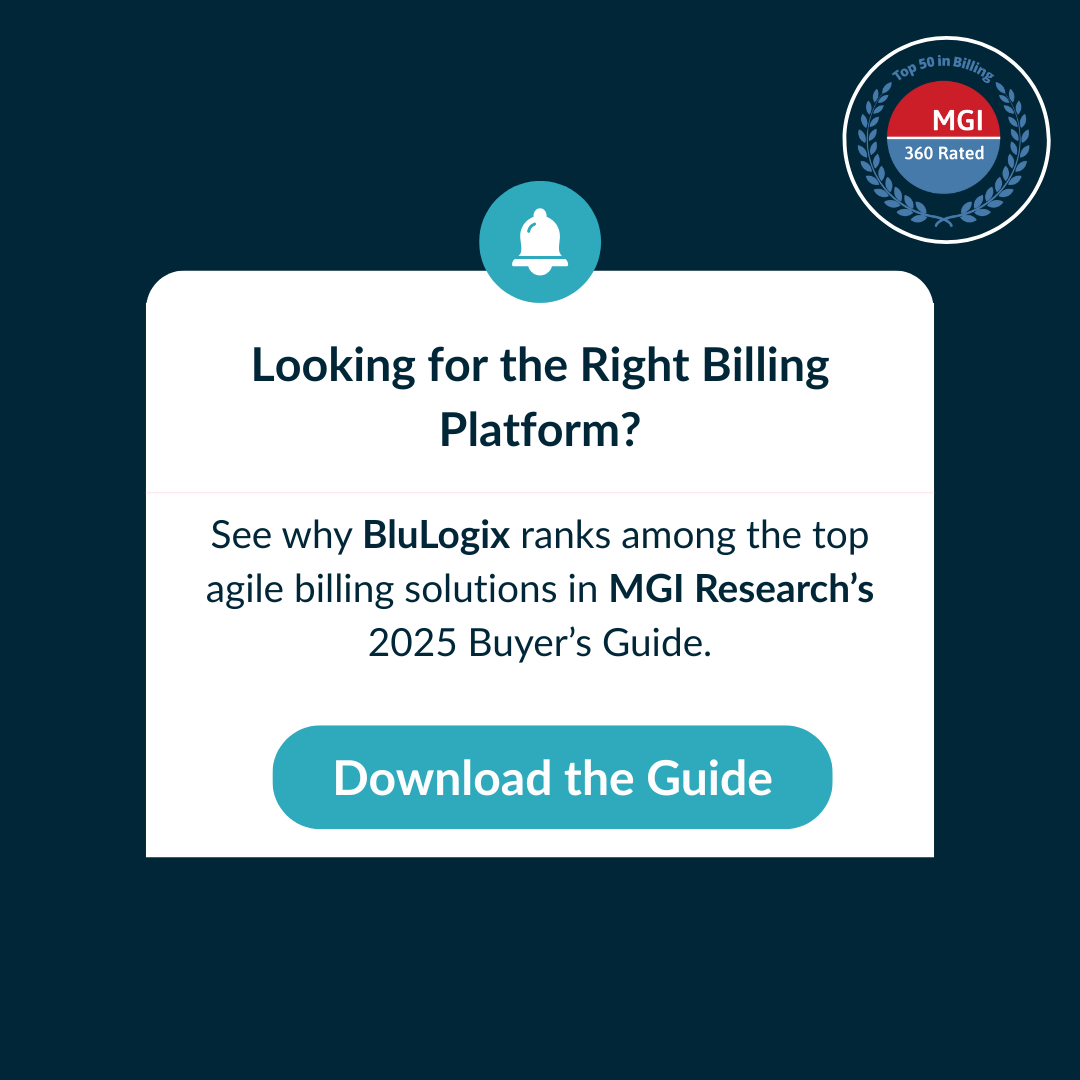What is Revenue Management and why it is critical for business success?
What is Revenue Management?
Companies in growth mode have a lot of challenges, but nothing more important than growing the top line. Managing revenue is one of the most critical activities a growing company can undertake to ensure sustainable business results, but revenue management is more than just keeping track of sales and income; it’s about understanding the drivers of revenue, predicting trends, analyzing margins, and ensuring accurate accounting. By effectively managing revenue, companies can unlock their full potential, turning revenue intelligence into actionable insights that drive growth and profitability.
Revenue management combines revenue intelligence with actionable insights to create a comprehensive view of financial health. It’s not just about knowing how much money is coming in; it’s about understanding where it’s coming from, what factors are affecting it, and how to maximize growth while minimizing risk. In short, revenue management is about transforming financial data into strategic actions that boost profitability.
Ready to see how BluIQ can transform your billing process and help you achieve integrated, automated, and accurate complex monetization? Schedule a demo with a BluLogix billing expert today and take the first step towards revolutionizing your revenue management.
Revenue Intelligence and Actionable Insights
Revenue intelligence refers to the collection and analysis of financial data to gain a clear picture of a business’s revenue streams. However, intelligence alone is not enough. Revenue management takes this intelligence and turns it into actionable insights that can guide decisions and strategies for growth.
For example, analyzing trends in customer purchasing behavior or fluctuations in demand can help a company make informed decisions about pricing, promotions, and product offerings. This kind of proactive approach allows businesses to not only understand their revenue but also take steps to improve it. Actionable insights are key to making the jump from knowing the numbers to actively shaping them.
How is Revenue Management Different from BI and Analytics?
While both revenue management and traditional business intelligence (BI) deal with financial data, they differ significantly in scope and purpose. BI and analytics often provide a broad view of historical data, helping organizations understand what happened in the past. These tools are useful for visualizing data and providing dashboards that highlight trends and anomalies.
However, revenue management is more targeted. It focuses specifically on revenue-related processes and how they can be optimized to impact profitability. Revenue management goes beyond analyzing historical data; it uses revenue intelligence to create actionable strategies that drive growth. Unlike BI, which often leaves the “so what” unanswered, revenue management links insights directly to strategic actions.
Another key difference is the emphasis on projection & prediction and execution. Revenue management incorporates predictive capabilities to project future revenue and plan accordingly. It also emphasizes ongoing adjustments and execution to ensure revenue opportunities are maximized, whereas BI may only offer descriptive or diagnostic insights.
Key Areas of Revenue Management
Revenue management involves several key components that work together to optimize financial outcomes:
- Revenue Projection & prediction: Predicting future revenue is essential for effective planning and growth. Revenue projection & prediction tools provide insights into expected earnings, allowing businesses to manage cash flow, plan investments, and make informed decisions.
- Margin Analysis: Understanding margins is critical for profitability. Margin analysis allows businesses to evaluate the profitability of different products, services, or customer segments, helping them make data-driven pricing and cost-control decisions.
- Revenue Recognition: Ensuring that revenue is recognized accurately and in compliance with accounting standards is crucial for financial integrity. Revenue recognition aligns recorded revenue with actual performance, reducing discrepancies and supporting transparent financial reporting.
- General Ledger (GL) Integration: Seamless integration with the general ledger ensures that financial data flows smoothly between systems, reducing manual errors and improving the accuracy of financial reporting.
Best Practices for Effective Revenue Management
To effectively manage revenue and drive growth, businesses should consider the following best practices:
- Align Revenue Management with Business Strategy: Revenue management should be fully aligned with business goals. Whether focusing on growth, profitability, or market expansion, understanding revenue streams and their connection to strategic objectives is key.
- Leverage Automation: Manual processes are prone to error, especially in complex revenue environments. Leveraging automation for tasks like revenue recognition and GL integration can reduce errors and free up time for higher-value activities.
- Use Predictive Insights for Proactive Management: Move beyond reactive analysis by using predictive insights to anticipate changes in revenue. This allows for proactive adjustments to pricing, product offerings, or channel strategies, helping to maintain growth.
- Optimize for Margin and Profitability: Regularly analyze margins to ensure all parts of the business contribute positively to profitability. Identifying underperforming products or services allows for timely adjustments that enhance profitability.
Revenue management is a dynamic and ongoing process that goes beyond tracking income. It involves understanding, predicting, and optimizing revenue streams to drive growth and profitability. By combining revenue intelligence with actionable insights, businesses can not only understand their revenue but also actively manage it to achieve sustainable success.
With effective revenue management, companies can make informed decisions that align with their business goals, improve financial planning, and foster long-term growth. In an increasingly competitive market, the ability to predict and shape revenue is a powerful advantage that every growing company should leverage.
Ready to see how BluIQ can transform your billing process and help you achieve integrated, automated, and accurate complex monetization? Schedule a demo with a BluLogix billing expert today and take the first step towards revolutionizing your revenue management.
Learn more

How AI and Predictive Analytics Are Transforming Revenue Processes for Finance Teams

How Can Public Sector Organizations Turn Chargeback into Strategic Cost Recovery?



